
Two common issues in contemporary culture, alcohol and heroin addiction, can be overcome with efficient techniques, which this book emphasizes. Addiction is complicated and affects everyone, but with the right treatment, it may be overcome. Specialized programs and resources help Columbus residents break the addiction cycle and reclaim their lives. This book will examine evidence-based strategies, support networks, and tailored treatment regimens that may change recovery. Knowing Columbus’ methods and tactics will help you or a loved one overcome addiction and start a better life. Together, let’s explore the empowering realm of addiction treatment in Columbus and find the road to recovery.
Seeking Help: The First Step to Recovery
Recognizing the Need for Professional Assistance
One of the most important first steps toward recovery is deciding to get treatment for addiction. This part explores the need of realizing when professional help is required and tackles the typical obstacles like stigma that could prevent people from asking for it. Seeking assistance is a sign of strength and courage, not of weakness.
Accessing Addiction Treatment Centers in Columbus
Finding the appropriate treatment center comes next once one has decided they need help. Columbus provides a variety of addiction treatment centers furnished with experts able to customize treatment regimens to meet specific requirements. Offering detoxification, therapy, counseling, and aftercare assistance to guarantee long-term abstinence, these clinics create a supportive environment for recovery.
Support Systems and Peer Groups
Apart from expert therapy, consistent recovery depends on developing a strong support network. We examine how support groups like Alcoholics Anonymous (AA) and Narcotics Anonymous (NA) provide community, knowledge, and responsibility. Peer support can offer invaluable insights, encouragement, and empathy during healing, helping one feel connected and at home.
Embracing Holistic Approaches
Healing the mind, body, and spirit is the emphasis of holistic methods to addiction rehabilitation. This section addresses how including yoga, meditation, exercise, diet, and awareness into the healing process helps. Holistic therapies can enhance general well-being and resilience by treating the person as a whole, therefore enhancing the complementing established therapeutic approaches.
Educating on Relapse Prevention
Maintaining sobriety over the long term depends on teaching people relapse prevention techniques as well. The need of spotting triggers, building coping strategies, and designing a relapse prevention schedule is underlined in this part. Equipping people with the means to negotiate obstacles and temptations will help them to protect their path to recovery and keep concentrated on their objectives.
Importance of Individualized Treatment Plans
Every person’s path through addiction and recovery is different, which emphasizes the need of individualized treatment programs. Customizing treatments to fit a person’s particular situation raises their chances of positive results. Customizing programs that target underlying problems causing addiction helps Columbus addiction treatment centers provide thorough and efficient treatment.
Innovative Therapeutic Approaches
Constant progress in addiction treatment has produced creative treatment approaches. From adventure-based psychotherapy to art and music therapy, these unusual techniques provide other paths to recovery. Investigating novel therapy approaches helps people to find creative avenues for expression and self-discovery, therefore improving engagement and motivation in the recovery process.
Dual Diagnosis and Co-Occurring Disorders
Many people suffering with addiction also have co-occurring mental health problems, which emphasizes the importance of integrated care. Designed to handle dual diagnosis situations, Columbus addiction treatment facilities offer specific treatment for both mental health issues and drug use disorders. Treating the linked elements of addiction and mental health can help people to achieve complete wellbeing and healing.
Community Outreach and Prevention Initiatives
Beyond personal therapy, efforts at community outreach and prevention are quite important in helping to fight addiction. Addiction treatment centers in Columbus participate in community-based projects to increase awareness, provide information, and support early intervention by working with nearby businesses, educational institutions, and medical professionals. Through encouraging a culture of prevention and assistance, these projects help to create a stronger and better society.
Celebrating Milestones and Achievements
Motivation and reinforcement depend on an awareness of and celebration of turning points in the healing path. Columbus addiction treatment centers give great importance on appreciating the achievements of people in recovery thereby fostering pride and empowerment. From little successes to major turning points, every accomplishment is evidence of tenacity and will, therefore motivating further development and improvement.
Treatment Options in Columbus: Paths to Recovery
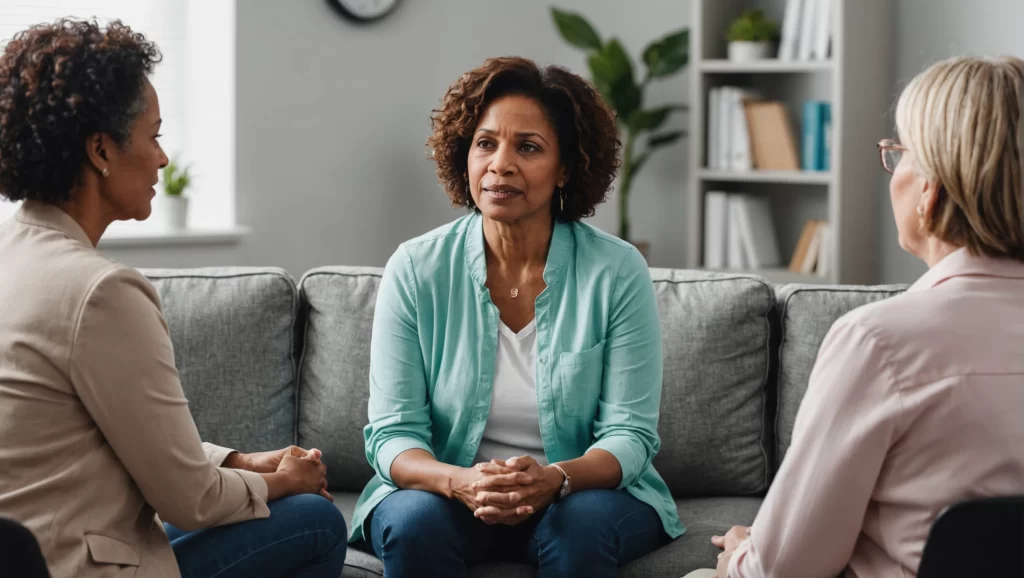
Day Treatment Programs: Best Addiction Treatment Columbus
For total rehabilitation, Columbus day treatment facilities let clients return home at night and schedule treatment during the day. Therapeutic, pharmacological, and holistic treatments can address the psychological, emotional, and physical aspects of addiction or mental illness.
Aftercare Programs: Best Addiction Treatment Columbus
Aftercare programs provide support and skills to maintain healing following primary therapy. These programs may need support group meetings, ongoing therapy, vocational training, and life skills development to help persons reintegrate into society.
Case Management Services: Best Addiction Treatment Columbus
Case management services give people negotiating the complexity of the healthcare system and treatment process individualized support. Working directly with clients, case managers create customized treatment plans, coordinate treatment across several providers, and handle any obstacles to treatment access or adherence.
Medication-Assisted Treatment: Best Addiction Treatment Columbus
Combining drugs with therapy and behavioral activities, medication-assisted treatment (MAT) effectively treats drug use disorders. MAT programs abound in Columbus to help people control withdrawal symptoms, lower cravings, and avoid relapses, therefore increasing their prospects of long-term recovery.
Apart from these main choices for therapy, Columbus also provides tailored programs for particular groups as veterans, teenagers, or people with co-occurring conditions. These customized initiatives target the particular difficulties these groups have and offer focused treatments for their road of recovery.
Columbus’ recovery network includes peer support groups, sober living houses, and community events to assist recovering people feel connected. These community services enhance therapy programs by providing social support, camaraderie, and personal growth outside of medical settings.
Peer support groups, sober living homes, and community events help recovering Columbus residents feel connected. These community services improve therapy programs by providing social support, companionship, and personal growth outside of medical settings.
Support Systems: Best Addiction Treatment Columbus

Support networks give people the tools they need to deal with the challenges of life. They are essential to mental health and resilience. For more information on how important support systems are, read this blog post. It will talk about the different kinds of services that help people build strong roots. Join us on this journey as we uncover the following important components:.
Group and Individual Counseling: Best Addiction Treatment Columbus
Group and individual therapy provides a safe environment where people may discuss their emotions, work through challenging events, and get helpful direction. By means of therapy and tailored care, individuals can acquire a better awareness of their emotions, build appropriate coping skills, and feel more agency over their mental health.
Psychiatric Services: Best Addiction Treatment Columbus
It’s important for people to be able to get to programs for a wide range of mental health problems. People who use these programs get all the help they need, like therapy, psychiatric exams, and help with their medications. When people get medical care, their mental health gets better, their lives get better, and they get better for good. They do this by paying attention to their health as a whole.
Child Services: Best Addiction Treatment Columbus
Child services are all about helping families and making sure kids have a safe place to grow up. These programs offer family therapy, parenting support, and child-centered interventions to help families get along better, fight less, and have healthy child development. Children must grow up in a solid and strong household if they are to develop emotionally robust and position themselves for success going forward.
Therapeutic Behavioral Services: Best Addiction Treatment Columbus
Therapists and other mental health professionals help people to properly control stress, anxiety, and other mental health issues by arming them with the tools and skills they require. Cognitive behavioral therapy, stress management techniques, and mindfulness practices help one to gain strength growth, better control of emotions, and healthier ways of approaching stress. This program helps people to take care of their mental health and living complete life.
Mental Health Services: Best Addiction Treatment Columbus
Full mental health services that help people get better include a lot of different kinds of treatment, keeping an eye on medications, and making changes to how people live their lives. There are different kinds of care choices for each person, so these services make sure that people with mental health issues get all the help they need. Patients can acquire the skills and assistance they need to better their mental health and well-being by means of customized treatment programs and cooperative efforts.
If one has strong support structures in their town or city, one can develop socially, emotionally, and mentally. Giving them money for various support services will enable you to assist them develop stronger, make friends, and have better, all around lives. Change your perspective on the value of support networks for maintaining people’s health, strengthening communities, and arming individuals with the means to lead complete lives.
Holistic Recovery: Mind, Body, and Spirit
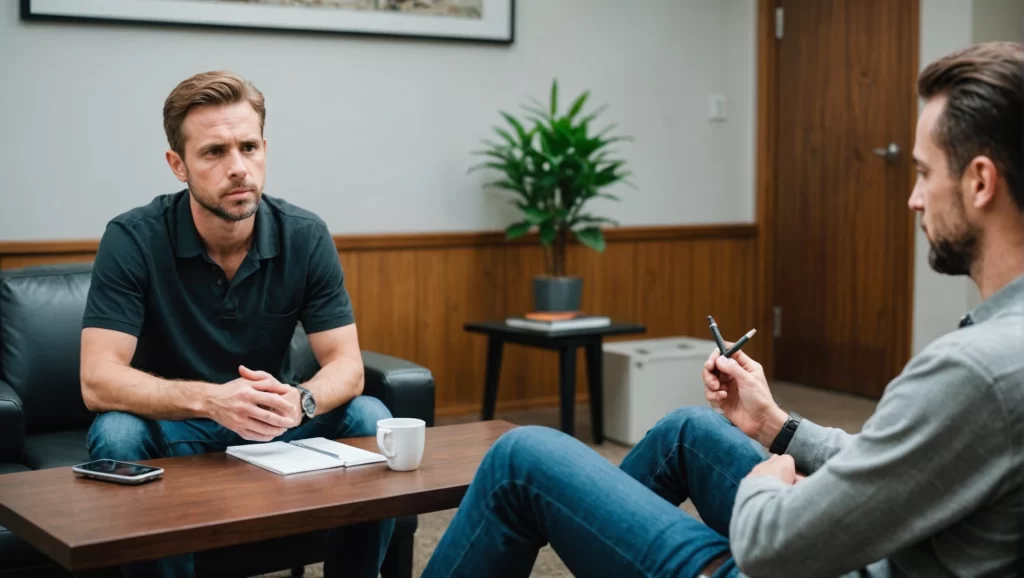
Long-term success in the road toward addiction recovery depends on healing the mind, body, and spirit as well. Focusing on seeing and controlling addiction triggers, implementing good practices for long-term recovery, and investigating alternative therapies including yoga and meditation, this blog part explores fundamental elements of holistic recovery.
Identifying and Managing Addiction Triggers
Identifying and controlling addiction triggers is absolutely vital for total recovery. Those who identify the people, places, feelings, or events that can cause relapse can create preventative plans and coping mechanisms. Knowing personal triggers helps people to negotiate difficulties and keep sober. Dealing with underlying problems that could support addictive behaviors—such as unresolved emotional conflicts or past trauma—is equally crucial.
Healthy Habits for Sustainable Recovery
Sustainable healing depends critically on including good habits into daily life. This covers giving physical well-being first priority through consistent exercise, a balanced diet, and enough rest. Practices like mindfulness, journaling, therapy, and hobby or creative outlet participation help one cultivate mental and emotional health as well. Establishing reasonable goals and creating a disciplined daily schedule can give the recovering process focus and meaning. Maintaining general well-being also depends on self-care habits including setting limits, self-compassion, and thankfulness.
Exploring Alternative Therapies: Best Addiction Treatment Columbus
Beyond conventional wisdom, investigating alternative remedies can improve the whole rehabilitation process. Unique ways for healing the mind, body, and spirit abound from yoga, meditation, acupuncture, art therapy, equestrian therapy, and time in nature. Complementing traditional approaches, these holistic therapies encourage relaxation, self-awareness, stress reduction, and emotional release. Furthermore, helping people on their path of recovery are holistic therapies including sound therapy, mindfulness-based stress reduction methods, and energy healing modalities.
Embracing a Holistic Approach to Recovery
Holistic recovery is a whole approach to rehabilitation combining several spheres of a person’s existence. This method acknowledges that addiction influences the mind and soul as well as the body. Addressing all these aspects would help people to get a more sustainable and balanced recovery. Adopting whole behaviors including thankfulness, interacting with nature, and meaningful social contacts will help one to enhance the healing process and provide direction.
The Importance of Mind-Body Connection
Whole recovery depends critically on the mind-body link. Yoga and meditation among other activities that foster this relationship assist people develop self-awareness, lower stress, and enhance general well-being. Mind-body practices help people improve their recovery process and grow to know themselves better by including them into regular activities. Particularly mindfulness techniques can control cravings, lower anxiety, and encourage emotional stability.
Cultivating Resilience and Self-Awareness
Maintaining long-term sobriety calls for both resilience and self-awareness. Holistic recovery emphasizes on helping people to acquire self-regulation techniques, emotional intelligence, and coping mechanisms. By means of techniques including meditation, breathwork, and self-reflection, people can develop resilience against adversity and disappointments. By means of self-awareness, people can identify triggers, emotions, and cognitive patterns that might cause relapse and so make informed decisions supporting their aims of recovery.
Addressing the interconnection of mind, body, and spirit, holistic recovery presents a complete and all-encompassing method for healing from addiction. Individuals can start a transforming road towards long-term sobriety and general well-being by including a range of techniques including identifying triggers, adopting healthy behaviors, investigating alternative therapies, embracing holistic practices, nurturing the mind-body connection, and developing resilience and self-awareness.
Best Addiction Treatment Columbus: Tailored Approaches
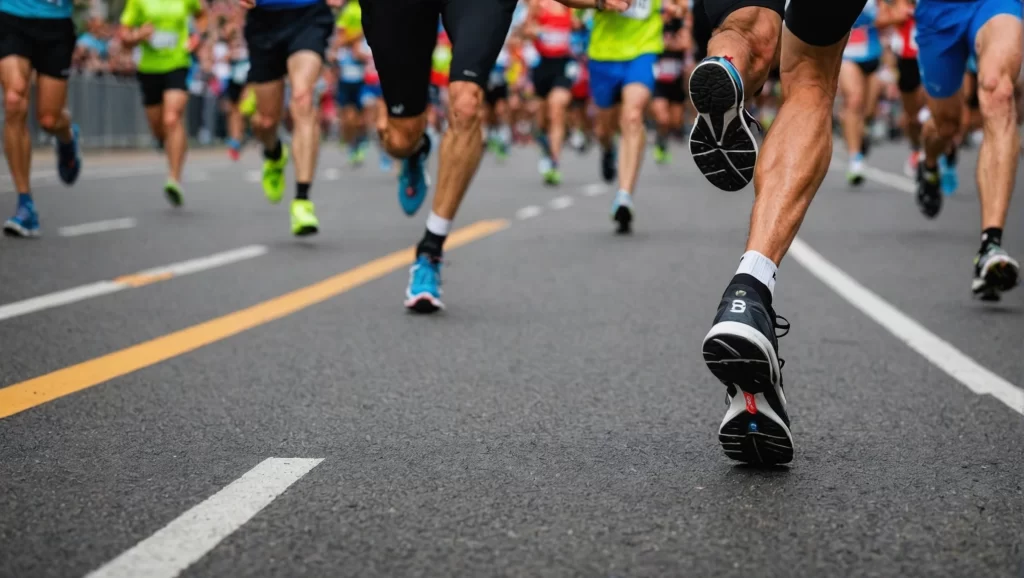
Treating addiction is not one-size-fits-all. Successful recovery from different drugs calls for different strategies. We explore particular addictions in this blog section together with the tailored techniques and treatment programs required for each person to overcome them.
Alcohol Addiction
Millions of people all throughout the world suffer with alcohol addiction. Different people use different strategies to get sober as well. People recovering from alcohol addiction can discover a range of tailored approaches to help them on their road to recovery from medically supervised detox centers to behavioral therapy and support groups like Alcoholics Anonymous.
Heroin Addiction
Addiction to heroin is one quite destructive and compulsive disorder. Usually, long-term support, psychotherapy, and medical intervention taken together define the road of rehabilitation. Recovering from heroin addiction requires a whole approach including the psychological as well as the physical aspects of the reliance.
Ecstasy Addiction
Although ecstasy has well-known positive effects, ecstasy addiction can gravely jeopardize a person’s welfare and health. Breaking free from ecstasy addiction could need particular treatment approaches stressing control of withdrawal symptoms, resolution of underlying problems, and constant help to stop relapse.
Customized Treatment Plans
Customized treatment programs provide patients unique paths of recovery fit for their particular need and environment. Among other methods, these programs can integrate cognitive-behavioral therapy, medication-assisted treatment, holistic approaches, and peer support systems.
Fighting certain additions including alcohol, heroin, and ecstasy requires a tailored approach considering human condition, past, and preferences. Customized treatment plans allow people to get the focused help they need to overcome addiction and start a road towards long-term sobriety and well-being.
Addiction is a complicated illness that varies in effect between people. Everybody travels to recovery in different ways; what helps one person might not help another. Customized techniques for treating addiction respect these variations and meet the particular needs of every person.
When it comes to overcoming alcohol addiction, techniques for reaching sober transcend simple abstraction from drinking. Good treatment usually consists of addressing fundamental triggers, creating coping strategies, and developing a strong support network. Customizing therapy programs to handle these elements helps people raise their chances of long-term recovery.
Comprehensive Approaches in Overcoming Heroin and Ecstasy Addiction: The Role of Personalized Treatment Plans
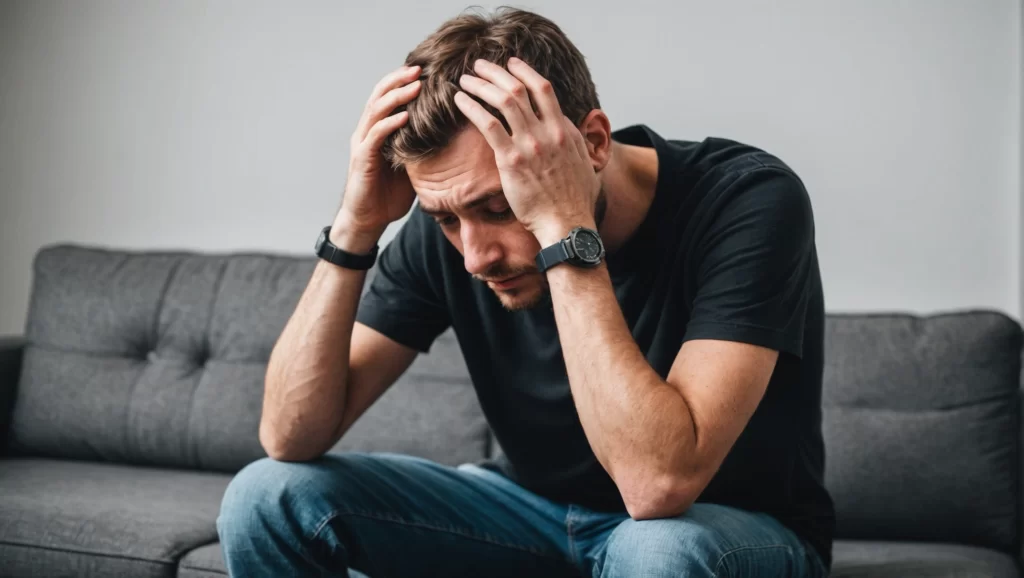
Dealing with heroin addiction calls for a multimodal strategy including not just detoxification and withdrawal care but also continuous therapy to handle the psychological features of the condition. Combining medical treatment with behavioral therapies in rehabilitation courses has demonstrated great success in enabling people to release the hold of heroin.
Dealing with ecstasy addiction calls far more than simply drug detoxification. Because ecstasy use can cause mood disorders and neurochemical imbalances, specialist treatment approaches sometimes call for mental examination and therapy to cure underlying problems. Customizing therapy to the particular requirements of ecstasy users helps recovery programs to assist people on their path to sobriety.
Since they take individual physical, emotional, and social well-being into account, customized treatment regimens are crucial in addiction recovery. Personalized treatment programs can meet the whole requirements of individuals battling addiction by including a range of therapeutic modalities including individual counseling, group therapy, and alternative therapies like art or music therapy.
Designed approaches to addiction treatment provide essentially a more complete and efficient means of helping people on their path of recovery. Recognizing the individuality of every person’s experience with addiction and offering individualized care helps treatment programs enable people to overcome their drug misuse and recover their health and well-being.
Recovering people have to deal with the critical period of long-term assistance and aftercare following a rehabilitation program. This stage determines both staying sober and preventing return. The need for long-term help and aftercare for drug treatment will be covered in this series of posts.
Best Addiction Treatment Columbus: Embracing a Life Free from Addiction
Aftercare is more than just continuing with therapy, even if it’s a crucial component of improving. Plans and support structures are now in place to enable individuals cope with daily issues without resorting to narcotics. From support groups to therapy sessions, aftercare programs offer a range of instruments to assist continuous recuperation.
Best Addiction Treatment Columbus: Continued Support and Recovery
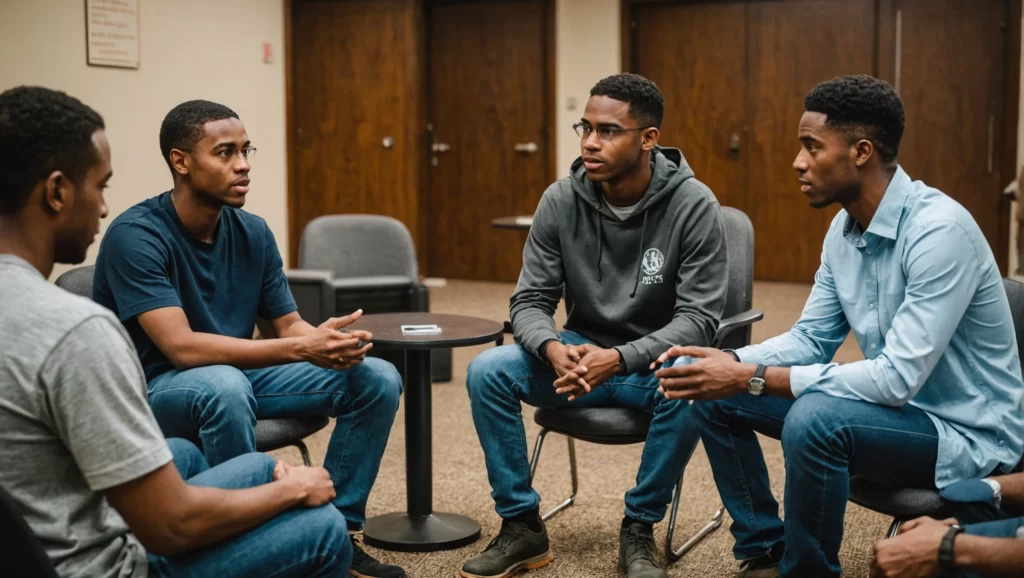
Sobriety is a lifetime dedication needing continuous work and assistance. Whether someone stays strong on their road of recovery depends much on long-term support networks like mentoring programs, sober living homes, and therapy. Encouragement of a feeling of community and responsibility allows people to overcome challenges and experience a happy, drug-free life.
Once they complete a rehabilitation program, those in recovery go through the very vital portion of aftercare and long-term assistance. Maintaining sobriety and avoiding relapsing depend on this extremely vital stage. This blog section will allow us to discuss more the value of long-term support and aftercare for recovering addicts.
Not only is aftercare an extension of rehabilitation, it is an important part of the whole healing process. During this time, plans and support systems are put in place to help people deal with the problems they face in everyday life without using drugs. Aftercare programs provide many tools to help people stay recovered, such as therapy meetings and support groups.
Building a Strong Foundation: The Importance of Long-Term Support and Aftercare in Sustaining Sobriety
Staying sober is a lifelong commitment that needs help and hard work all the time. Support systems that last a long time, like therapy, sober living, and mentorship programs, are very important for helping people stay strong during their recovery. These support systems give people the tools they need to overcome problems and live full, drug-free lives by creating a sense of community and responsibility.
Aftercare and long-term support also include making changes to your living and learning new ways to deal with stress. People need to figure out what sets off their cravings and learn healthy ways to deal with worry and stress. Also, sticking to a healthy schedule that includes exercise, good nutrition, and enough rest can help the healing process a lot.
Family participation and education are also important parts of aftercare. Getting family members involved in your healing can help build a strong support system and make it easier for everyone to talk to each other. Learning about addiction and its effects can help family members understand the problems their loved one is having and make the surroundings more understanding and helpful.
Conclusion
Overcoming alcohol and heroin addiction is a challenging journey that requires dedication, support, and effective strategies. In Columbus, individuals battling addiction can find hope through a variety of treatment options and support systems. By combining evidence-based practices, personalized treatment plans, and a strong support network, individuals can successfully overcome addiction and reclaim their lives. Remember, seeking help is not a sign of weakness but a courageous step towards a healthier and happier future.
For more stories and information Contact Us, visit our Blog page and Stories & Highlights.
